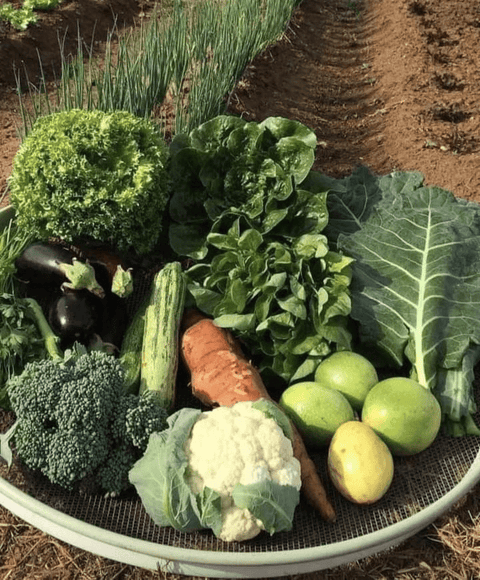Embracing the Plant-Based Movement: A Healthful and Sustainable Choice
Plant-based diets, celebrated for their health and environmental boons, have been steadily gaining traction in contemporary culinary and health spheres. An increasing number of individuals are becoming advocates of this lifestyle, inspired by its potential to transform personal health and make a positive impact on our planet. Predominantly focused on the consumption of fruits, vegetables, whole grains, legumes, and nuts, a plant-based diet encourages minimal to zero intake of animal products.
Supercharging Health with Plant-Based Diets: Nutritional Powerhouses
Foremost among the myriad advantages of adopting a plant-based diet is its profound contribution to enhanced health and wellbeing. These diets are characterized by their rich nutrient profile, including a wealth of antioxidants and high fiber content. Studies have consistently affirmed the potential of plant-based diets to mitigate the risk of chronic ailments, including heart disease, diabetes, and certain types of cancer. This evidence strengthens the argument for plant-based diets as a potent weapon in our arsenal against these persistent public health challenges.
Going Green with Your Diet: Environmental Impact of Plant-Based Eating
Parallel to the health benefits, plant-based diets also espouse significant environmental virtues. Animal agriculture, widely recognized as a substantial contributor to greenhouse gas emissions and deforestation, comes with an undeniable environmental cost. By consciously reducing our intake of animal products, we can collectively curtail our ecological footprint, demonstrating our commitment to a more sustainable and resilient planet.
Stepping Stones to a Plant-Based Diet: A Guide to Easy Transition
Transitioning to a plant-based diet might seem daunting, but with a few strategic steps, it can become an enlightening journey of culinary discovery:
-
Begin modestly by gradually incorporating more fruits and vegetables into your meals. Small steps can have a substantial cumulative effect.
-
Embrace the variety of plant-based proteins available, such as beans, lentils, and tofu. These protein sources not only provide essential nutrients but also introduce new flavors and textures into your meals.
-
Experiment with plant-based alternatives to traditional animal products. Today's market offers an array of substitutes, from plant-based milk to meat and cheese alternatives, making the transition easier than ever.
-
Utilize online resources or plant-based cookbooks for recipe inspiration and meal planning. The plant-based community is vibrant and supportive, offering a wealth of knowledge for newcomers.
The Power and Potential of Plant-Based Diets: A Final Word
In conclusion, the advantages of plant-based diets span across personal health and environmental sustainability, providing a comprehensive solution to some of the most pressing challenges of our time. By incorporating more plant-based foods into your meals, you open a gateway to improved health, disease prevention, and an opportunity to play an active role in environmental stewardship. Starting your journey may require some initial adaptation, but with a wealth of resources and a supportive community at your disposal, the transition can be smooth and gratifying. Ultimately, embracing a plant-based diet represents a commitment to your health and our planet, a choice that nourishes the body, mind, and the world we share.






Comments (0)
There are no comments for this article. Be the first one to leave a message!